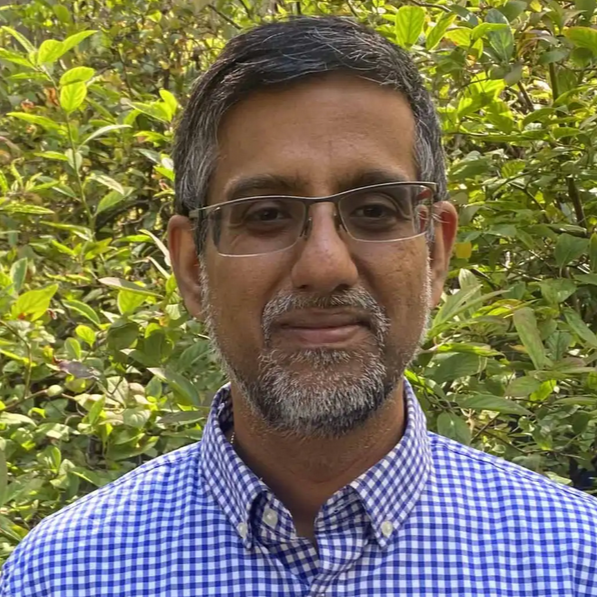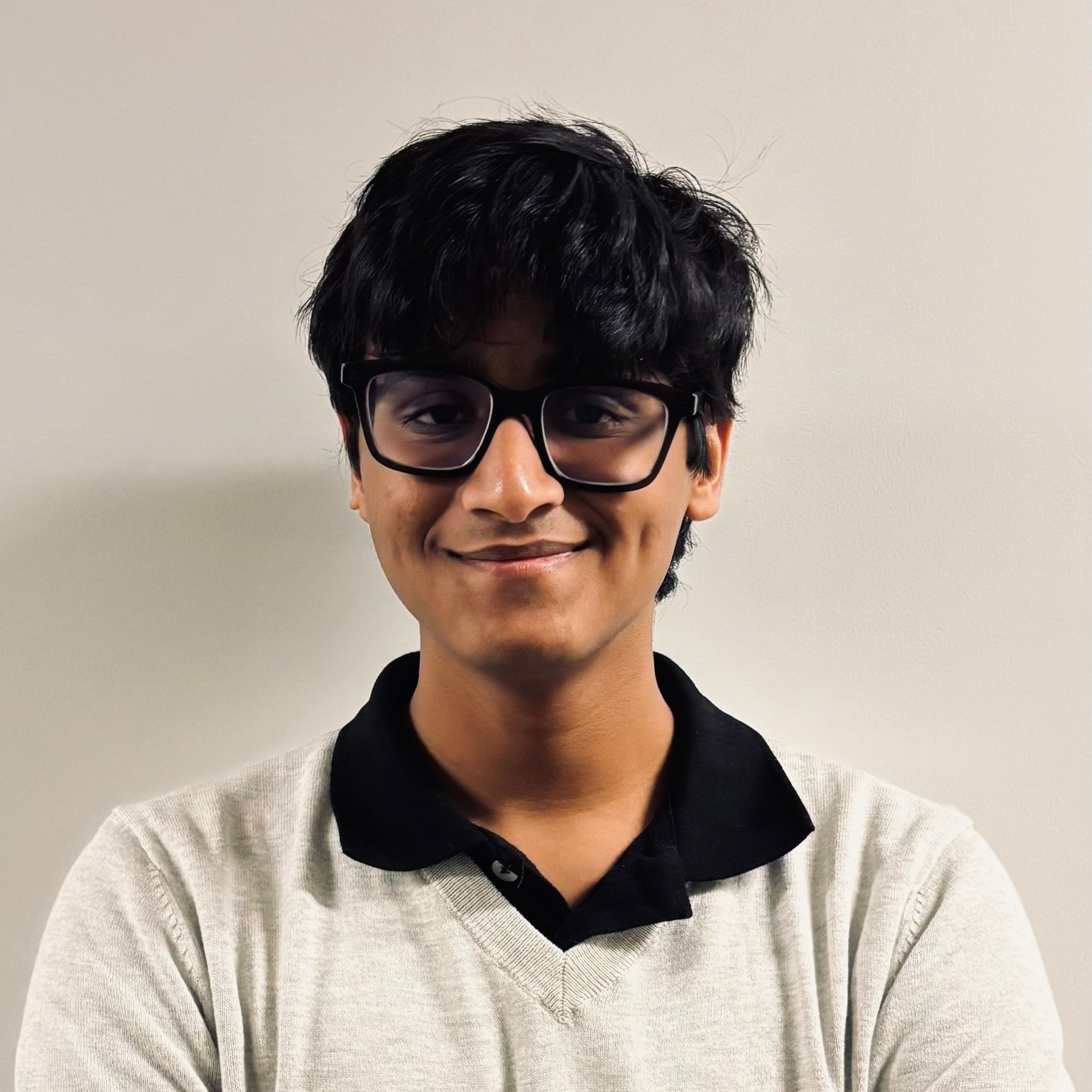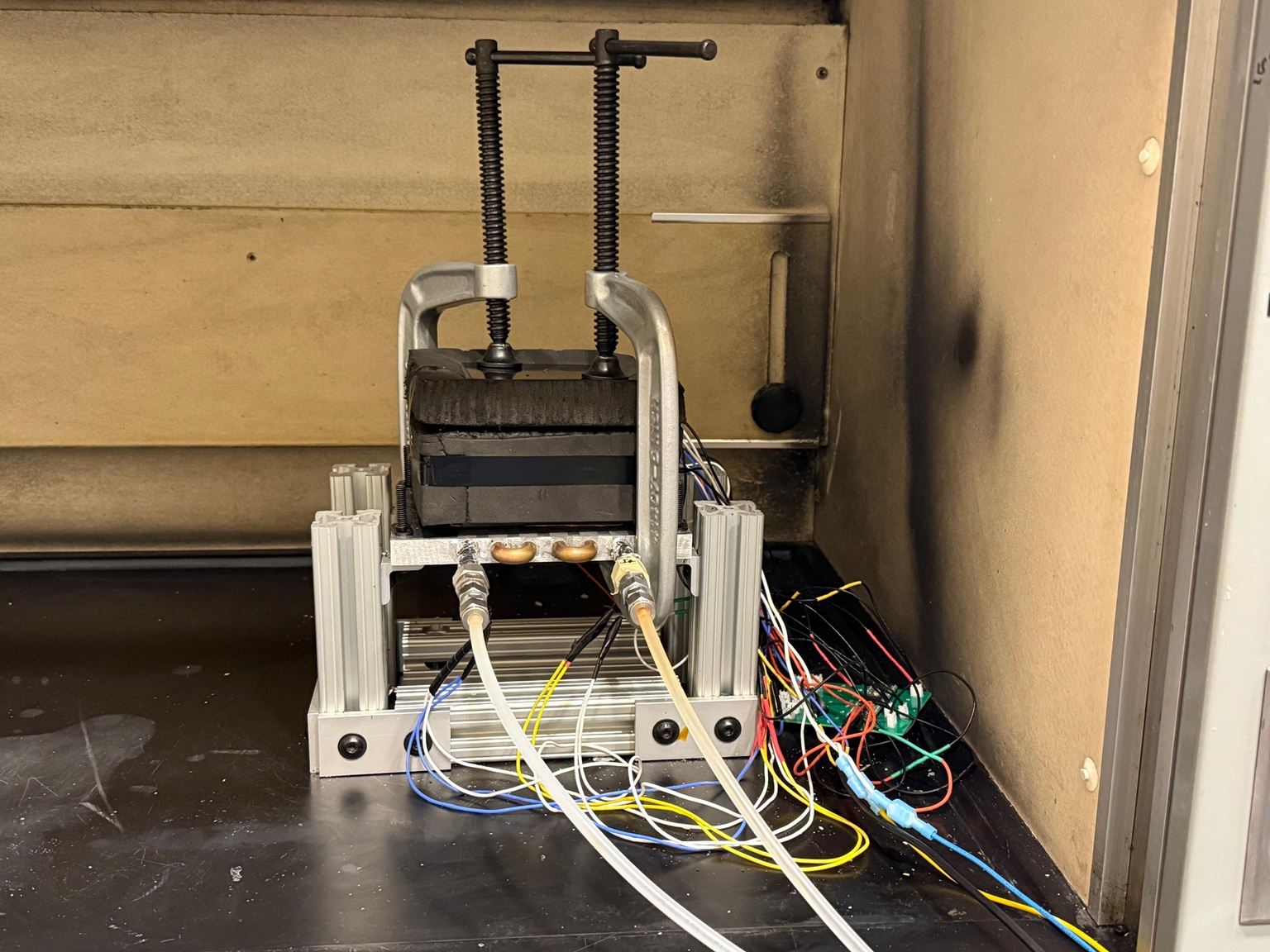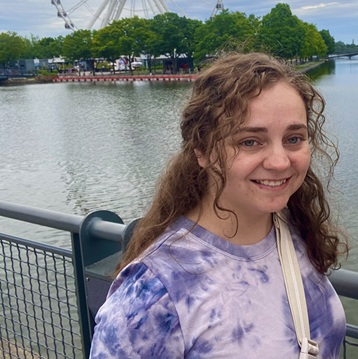Maryland Quantum-Thermodynamics Hub Secures Funding for Three More Years
- Details
- Published: Monday, September 15 2025 00:01
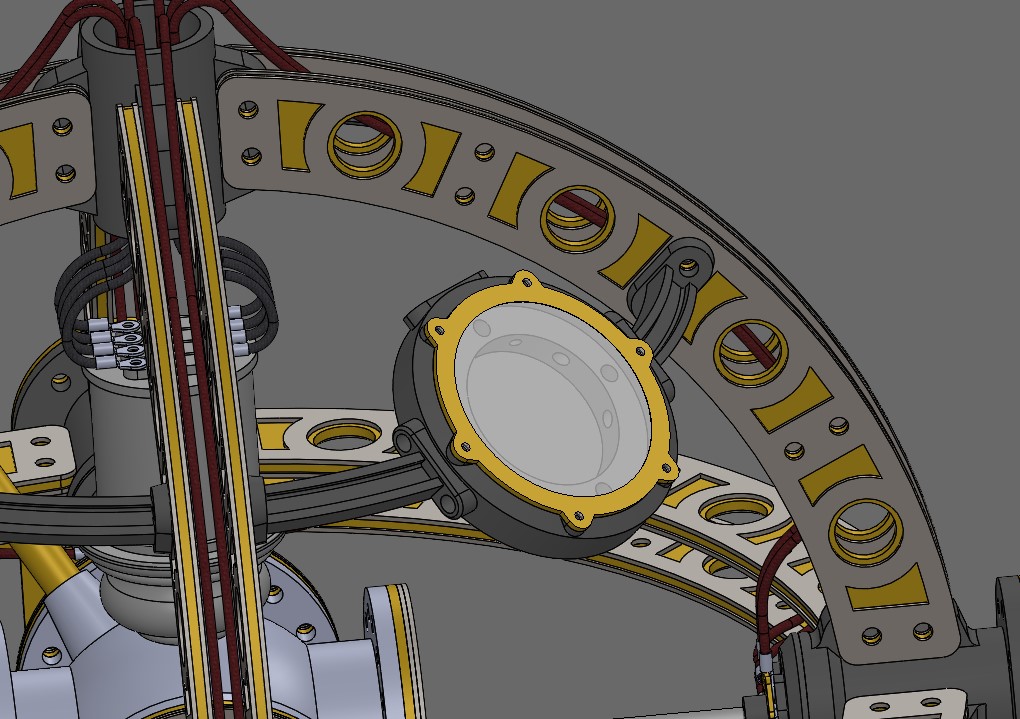 Researchers at the pioneering Maryland Quantum-Thermodynamics Hub meld 19th century physics with the modern techniques and tools of quantum information science. Since 2022, they have plumbed the intriguing depths of this disciplinary fusion, uncovering a deeper understanding of how the everyday world emerges from the quantum realm of tiny particles.
Researchers at the pioneering Maryland Quantum-Thermodynamics Hub meld 19th century physics with the modern techniques and tools of quantum information science. Since 2022, they have plumbed the intriguing depths of this disciplinary fusion, uncovering a deeper understanding of how the everyday world emerges from the quantum realm of tiny particles.
Now, new funding will catapult the hub into the next three years, enabling the addition of new team members and a renewed focus on answering open research questions that might lead to better quantum computers and even alter our fundamental understanding of the nature of time.
The hub launched three years ago with a $2 million grant from the John Templeton Foundation. New funding for the next three years includes a recommitment from Templeton that will match support from the state via Gov. Wes Moore’s Capital of Quantum Initiative and University of Maryland campus sponsors like the National Quantum Laboratory, the Brin Mathematics Research Center and the Institute for Physical Science and Technology. Several private companies, including Fidelity Investments and Normal Computing, will provide additional support. Altogether the new funding totals more than $5 million and will support team members at UMD as well as the University of Maryland, Baltimore County (UMBC); the University of Southern California; the University of Arizona; Los Alamos National Laboratory in New Mexico; the University of Rochester in New York; and University College Dublin.
“The intention is to make Maryland a lodestone for quantum thermodynamics in North America,” says Nicole Yunger Halpern, an adjunct assistant professor of physics at UMD and a co-leader of the hub who is also a physicist at the National Institute of Standards and Technology and a Fellow of the Joint Center for Quantum Information and Computer Science.
Hub researchers mix the old with the new, combining three fields of physics from different centuries. The oldest is thermodynamics, which emerged from the industrial revolution in the 19th century and investigates, among other things, how machines transform energy into work and heat. Next is quantum physics, which was founded in the 20th century and provides our most fundamental understanding of nature at the level of atoms, electrons and other tiny constituents of matter and energy. Finally, quantum information science, which has become a major field in the early 21st century, applies the rules of quantum physics to information processing and has led to new applications like quantum computing, quantum networking and quantum sensing. Quantum thermodynamics seeks to combine the best tools and insights from all these areas to answer both deep and practical questions about the physical world. While fusing these fields together over the past three years, researchers at the hub have published more than 60 journal articles, conference papers and preprints, and the hub has supported five Ph.D. theses.
“I'm excited that we've obtained funding to build on the success of our first three years,” says Distinguished University Professor Christopher Jarzynski, a co-leader of the hub who is also a professor of physics and a professor of chemistry and biochemistry at UMD. “The hub has firmly placed Maryland on the map as a center for innovative quantum thermodynamics research, education and outreach.”
Research at the hub broadly investigates how quantum systems, such as collections of atoms, interact with their environments and the variety of ways that quantum features either frustrate or facilitate thermodynamic processes like energy or information exchange. Energy exchange between a system and its environment helps explain how physical systems thermalize, or end up at a shared temperature. Information exchange explains how the values of quantum measurements—typically of just a few quantum particles—are imprinted in much larger measurement devices.
One particular mystery energizes many scientists at the hub—a nagging problem at the heart of physics that researchers refer to as the arrow of time. The gist of the problem is that although the detailed microscopic theories of physics look the same whether time is running forwards or backwards, the much larger scale of everyday reality seems to have an unmistakable direction. We never see an egg unscramble itself or smoldering ash and smoke reassemble into a log. Somewhere between the reversible rules of microscopic physics and our common experience of the world, there is a transition, an emergent effect that causes time to flow toward the future.
“The big goal of the hub has been to identify how, from microscopic quantum physics, our classical objective reality emerges thermodynamically,” says Yunger Halpern. “Thermodynamics traditionally has addressed large numbers of particles, and it stems from the actions of many, many small particles. So thermodynamics kind of bridges scales and helps us understand how large-scale macroscopic phenomena emerge, such as the arrow of time.”
Some hub researchers have been motivated by questions about which quantum phenomena hinder quantum systems from experiencing the arrow of time. One example turned out to be the exchange of incompatible quantities between a quantum system and its environment. These incompatible quantities are quantum properties that, thanks to the uncertainty principle, cannot be simultaneously known.
For instance, researchers can check if the quantum spin of a particle is pointing up or down along any direction, but the spin along some other direction is an incompatible quantity. If a quantum system is exchanging spin with its environment along two incompatible directions, it hinders certain features of thermalization and impedes the system’s experience of time. Understanding more about which quantum phenomena interact with time’s arrow could have applications to error correction in quantum computing, which fights against the march of time and preserves quantum information by monitoring for and removing heat and disorder.
“We found some tensions in this, though,” says Yunger Halpern. “We found some ways that this exchange of incompatible quantities hinders some facets of thermalization, but also some ways that it enhances some facets. In the next three years, we hope to get a unified picture.”
The hub will use its next three years to refine the questions it has been asking, seeking to clarify the tensions that cropped up during the first three years. In addition to investigating how certain quantum phenomena impact the arrow of time, they will also consider new models of information exchange between quantum systems and their environments. They even plan to add an entirely new kind of question to the mix: How might the continuous fabric of space and time in Einstein’s general theory of relativity emerge from a microscopic network of discrete quantum systems?
Beyond research, the hub has also become a nexus for community building and outreach in the field, hosting an annual gathering to foster collaboration and innovation and organizing a short story contest in 2023. Part of the hub’s mission, Yunger Halpern says, is to share the adventure of quantum thermodynamics with the general public and inspire the next generation of quantum thermodynamicists.
The new funding will allow the hub to expand its team, adding new spokes. New team members will join from UMD, UMBC, and the University of Rochester, but the hope is that the growth won’t stop there.
“If anyone else would like to partner with us, we’d be happy to hear from them,” says Yunger Halpern.
Story by Chris Cesare
